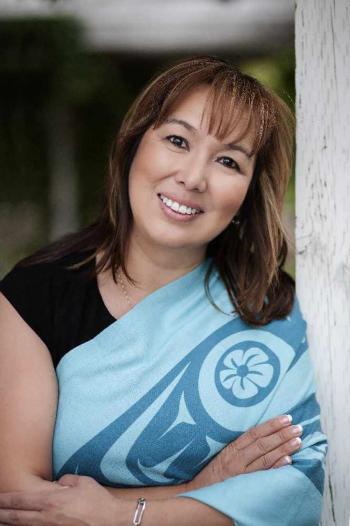Image Caption
The Native Women’s Association of Canada (NWAC) supports the significant focus on Indigenous women in the 2018 federal budget.
NWAC President Francyne Joe says “this government seems to have recognized the immediate and ongoing requirements to improve health care for Indigenous children, living conditions and opportunities for Indigenous women and their communities.”
The significant and urgent requirements for a change to Child and Family Services has been acknowledged in this budget, the organization believes with $1.4 billion allocated to Indigenous Child and Family Services.
The financial commitment is recognition that these systems are broken and require immediate attention to ensure the protection and safety of Indigenous children.
Access to critical health care for First Nation children and overhauling the foster care system is long overdue, reads a press statement from NWAC. These systems are directly responsible for robbing many Indigenous youth of their lives, families, and cultures.
Indigenous children aged 0 to 14 are less than eight per cent of the national population yet, they represent 52 per cent of the children in the foster care system. It is NWAC’s hope that the funds are available immediately to begin reunifying children with their mothers, their families and their cultures.
NWAC is optimistic that the gender-based investments extend to Indigenous women and will further enhance the lives of women and create new opportunities.
Equipping our communities with skills, business and job training are essential for success on a pathway to self-sustainability. The $2 billion over five years for skills and job training will provide the knowledge and tools for the innovative ideas of Indigenous women across the country.
“NWAC has seen first hand the success of Indigenous women when given the training and knowledge to flourish with their entrepreneurial ideas,” said Joe. She say these gender-based expectations must extend to Indigenous LGBTQ2S individuals.
Ensuring Indigenous women have a safe home environment and protection against violence in the home is a top priority for NWAC. An investment of $5.5 million over two years will allow the Matrimonial Real Property Implementation Support Program to continue.
The program was created in 2013 to protect Indigenous women living on reserves in cases where a relationship ended and property division was required. This investment will allow for continued initiatives for safer environments and opportunities for Indigenous women.
The additional and significant investments in housing for First Nation, Métis and Inuit, potentially transformative movements towards self-determination, increased support for residential school survivors, education and the investments that will lead to self-governance, critical medical care and mental health support are very positive.
“These investments close some of the gaps for services and infrastructure, but it must be followed with action. We will continue to fight for sustainable change and brighter future for Indigenous women as they lead their communities and families to healthy, happy and fulfilled lives,” said Joe.

